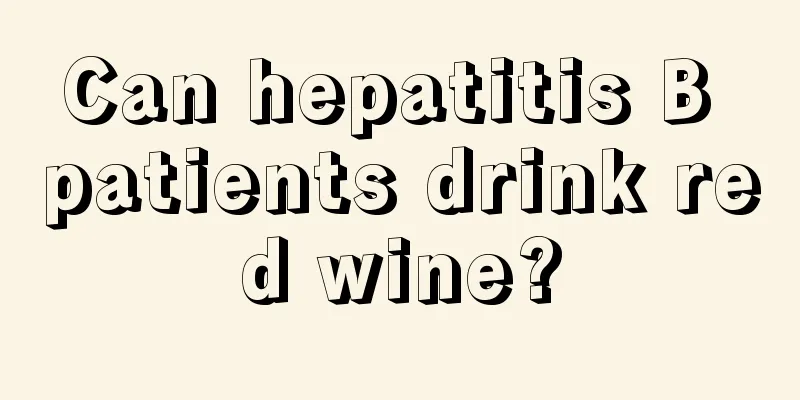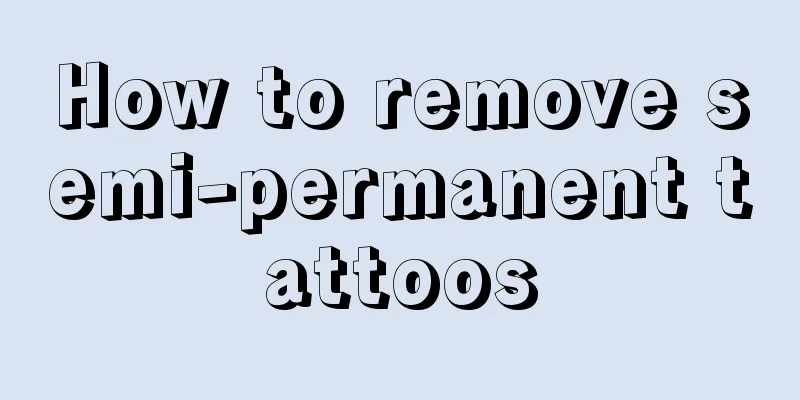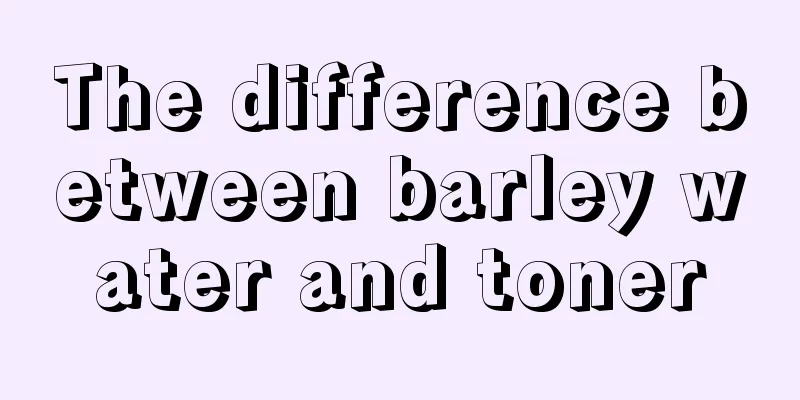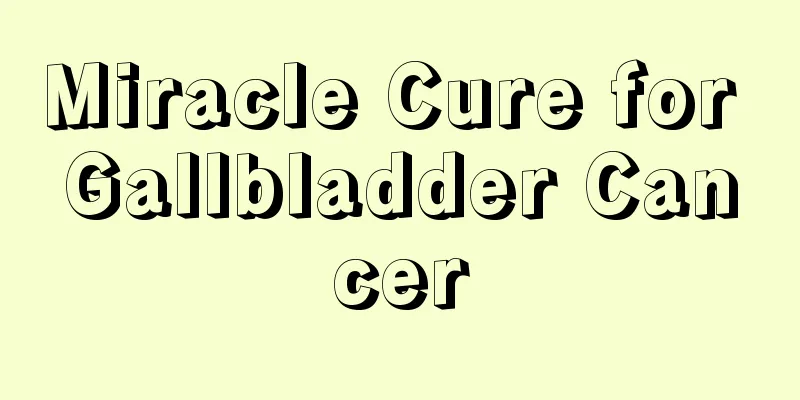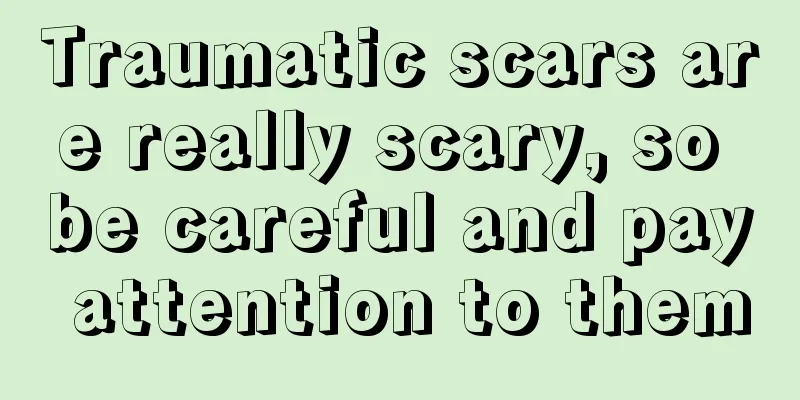What is the treatment for calculous cholecystitis
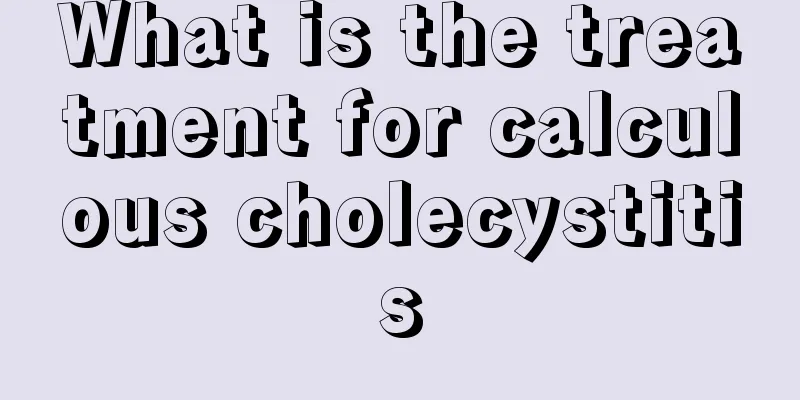
|
Patients with calculous cholecystitis can use some diuretic treatments, which include the use of some drugs, such as azintamide, which can promote bile synthesis and secretion, or some acupuncture therapies can help relieve the symptoms. (1) Dietary adjustment: The incidence of gallstones and chronic calculous cholecystitis is related to diet and obesity. It is recommended to have a regular, low-fat, low-calorie diet, and to encourage regular eating at regular times and in fixed quantities. (2) Choleretic treatment: ① Ursodeoxycholic acid: The use of ursodeoxycholic acid helps reduce the risk of biliary pain, avoid the occurrence of acute cholecystitis, and improve gallbladder smooth muscle contractility and inflammatory infiltration. ② Azintamide can promote bile synthesis and secretion, while increasing the activity of pancreatic enzymes and promoting the absorption of carbohydrates, fats and proteins. Compound azintamide enteric-coated tablets can promote bile secretion and slightly promote biliary motility while helping to improve symptoms such as indigestion. ③ Anetholethiocarbamide has a bile secretion-promoting and mild biliary motility-promoting effect. (3) Preventive cholecystectomy: ① People at high risk of gallbladder cancer; ② Patients with immunosuppression after organ transplantation; ③ Patients with rapid weight loss; ④ Those with an increased risk of gallbladder cancer due to "porcelain" gallbladder. (4) Antispasmodic and analgesic for biliary colic during acute attacks of chronic cholecystitis. You can take 0.6 mg of nitroglycerin sublingually, or inject 0.5 mg of atropine intramuscularly, and you can inject 25 mg of promethazine intramuscularly at the same time. The analgesic pethidine 50-100 mg is injected intramuscularly and combined with antispasmodics to enhance the analgesic effect. (5) Relieve symptoms of biliary dyspepsia. Inflammatory stimulation and chronic fibrosis of the gallbladder wall are common in chronic cholecystitis, which can easily lead to dyspepsia symptoms in patients. For patients with dyspepsia and clear gallstones, 10% to 33% of symptoms can be relieved after cholecystectomy. (6) Anti-infection treatment: The rational use of antibiotics in the treatment of chronic cholecystitis biliary infection is of great significance based on the bile culture results, infection severity, antibiotic resistance and antimicrobial spectrum, and underlying diseases of the patient, especially those with liver and kidney damage. (7) Traditional Chinese medicine has a long history in the treatment of cholecystitis. Choleretic Chinese medicine can be selected based on the patient’s clinical manifestations. Acupoints commonly used in acupuncture treatment include Gallbladder, Gallbladder, Yanglingquan, Qimen, Zusanli, etc. |
<<: What should I do if my hair is thin and falling out
>>: How to treat lateral knee tendon strain
Recommend
Does bladder cancer need radiotherapy after chemotherapy?
Is radiotherapy necessary after chemotherapy for ...
Can eggs still be eaten if they are damp and moldy
Eggs are a very nutritious food, and they are par...
What are the early symptoms of cholecystitis
Cholecystitis is divided into acute cholecystitis...
There is a bone protruding from the heel
Nowadays, there are very few women who do not wor...
Will eating chicken feet make you fat?
The ultimate result of eating and drinking too mu...
How much does it cost to treat liver cancer
Regardless of the cost, patients with liver cance...
What are the main uses of lotus root starch
Lotus root powder is the processed lotus root tha...
What to do if your nose is full of bugs
Many people have mites on their noses. Mites are ...
What to do with lumbar edema
Lumbar edema is very common in daily life. It not...
How much does liver cancer surgery cost
How much does it cost to treat liver cancer? The ...
The difference between thick kelp and thin kelp
If you have ever bought kelp in your life, you sh...
Complete guide to pickled chives
Chive flowers are delicious and can be preserved ...
Can a patient with nasopharyngeal carcinoma liver metastasis live for 10 years?
Can a patient with nasopharyngeal carcinoma liver...
Can peony petals be soaked in water to drink?
Peony is our national flower. When it blooms, it ...
Is my grandmother's rectal cancer hereditary?
The primary factor for colorectal cancer is genet...

